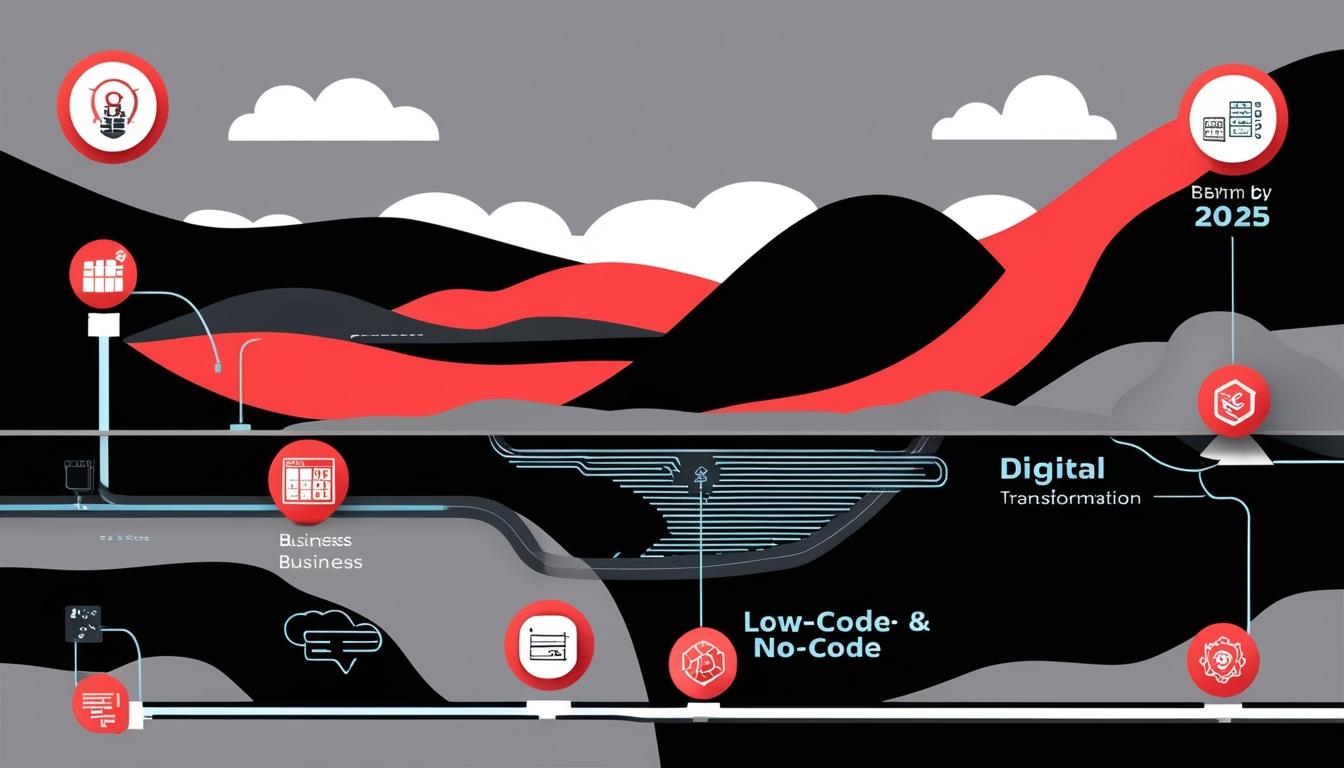The landscape of business technology is poised for a significant transformation by 2025, with the rapid emergence of low-code and no-code development platforms at the forefront of this change. According to projections by Forrester, these innovative tools could account for a staggering 65% of all application development activity in the near future. This predicted shift indicates a broader trend towards the democratization of technology, enabling individuals with little to no coding experience to create applications, thereby revolutionizing traditional software development processes.
The rising accessibility of these platforms is a pivotal development for businesses and investors alike. As noted by Analytics Insight, the flexibility and user-friendliness inherent in low-code and no-code tools allow a broader range of individuals, equipped with diverse skills, to contribute to application development. This transition is not merely a matter of survival in an increasingly digital market; it also presents opportunities for growth and innovation.
Industry experts suggest that organisations that proactively integrate these emerging technologies into their operations will be better positioned to thrive amidst fierce competition. The transition from traditional coding practices to these more inclusive methodologies signals a critical evolution within the business landscape. Companies are advised to embrace these trends and foster environments that encourage adaptation and innovative thinking among their teams.
As this technology develops, the implications for business practices are vast. The ability to streamline processes and reduce reliance on specialised coding skills will likely lead to faster project turnarounds and enhanced collaborative efforts across departments. This shift is not just a passing trend; it represents a foundational change in how businesses approach application development and technology integration.
By 2025, the convergence of these technologies is expected to reshape the foundations of many industries, compelling business leaders and investors to rethink their strategies and operational frameworks. The need for agility and responsiveness in business has never been more crucial, and those who navigate these changes successfully may find themselves at a distinctive advantage in the market.
Source: Noah Wire Services
